Eritrea
The Eritrean government has formally responded to media reports suggesting that protests in the capital Asmara had led to deaths.
The government categorically dismissed reports that protesters had died from gunfire discharge by security forces deployed to quell the protests of October 31, 2017.
Information Minister, Yemane Ghebre Meskel in a series of tweets on Thursday slammed a former BBC reporter, Martin Plaut, blaming him for false reports and spin. According to him “subversive groups and quislings based/linked to Ethiopia” were also behind the reports.
Let us state incontrovertible facts for z umpteenth time: Not a single person was killed in A'diae school demonstration in Asmara on Tuesday
— Yemane G. Meskel (@hawelti) November 2, 2017
Yet, scoop-oriented media outlets keep churning out false “casualty figures” peddled by Eritrea's detractors without minimum verification
— Yemane G. Meskel (@hawelti) November 2, 2017
The Associated Press (AP) correspondent based in Ethiopia, Elias Meseret Taye also came in for criticism after he filed a report that suggested that over 20 people had been killed in the protest citing opposition politicians.
The said protest is a rare incident in the Eritrean capital, it was started after students of a community based school hit the streets asking for the release of a prominent member of their school who was reportedly arrested for resisting state regulating affairs of the school.
In other developments, the security swoop that led to the arrest of people believed to be linked to the protest was confirmed whiles fresh reports indicate that the children among the arrested party have since been released.
There has been a return to normalcy in the capital and the school has reportedly been reopened. Eritrea is a religious nation whose population are predominantly Muslims and Christians.
It is not considered a democratic country because it does not have a functional constitution since attaining independence from Ethiopia in 1993. The two countries are yet to ratify a border demarcation agreement signed in Algiers between President Afwerki and former Ethiopian Prime Minister, Meles Zenawi.
Private media is almost non-existent and the government has jailed a number of press men over the years. A United Nations rights expert continues to accuse the Isaias Afwerki government of gross human rights abuse.



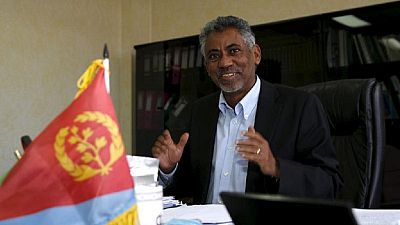

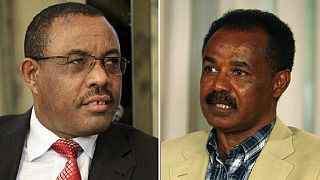
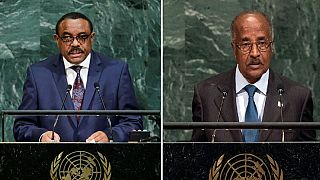
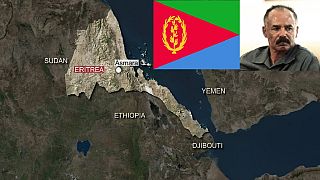
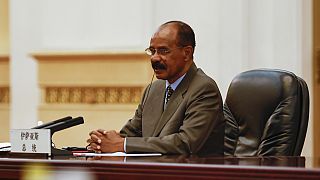
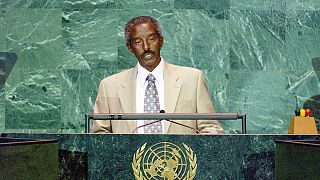
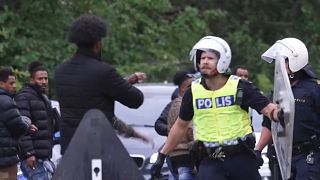



01:00
'Good Trouble’ rallies across US push back on Trump agenda
Go to video
"Enough Is Enough": Liberians protest for justice, jobs, and accountability
Go to video
Almost 300 killed in wave of violence in Sudan’s North Kordofan
01:11
World leaders express condolences over death of Nigerian ex-president Muhammadu Buhari
01:14
Boeing reaches settlement with man who lost entire family in 737 MAX Crash
00:26
Passengers no longer have to remove shoes at US airport screening